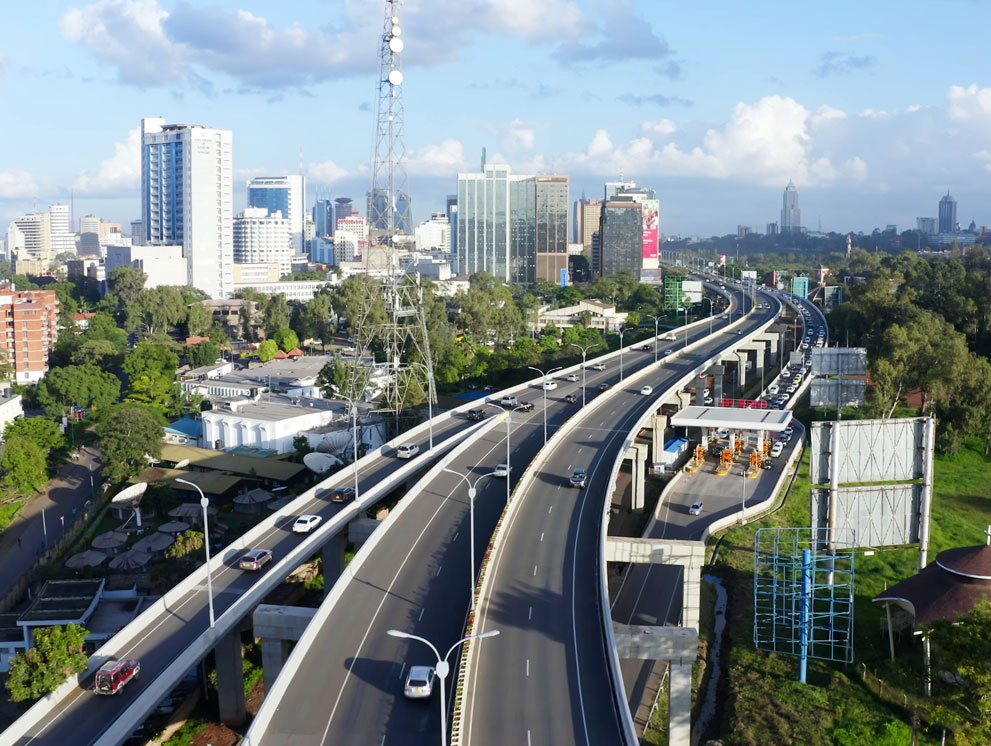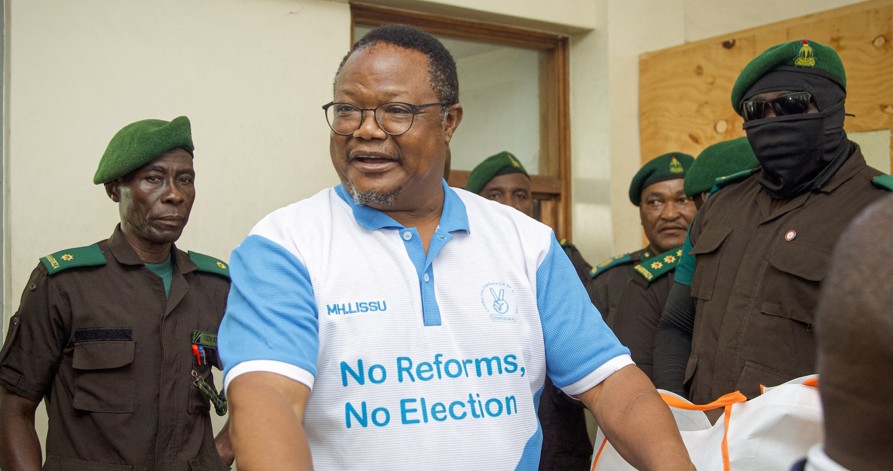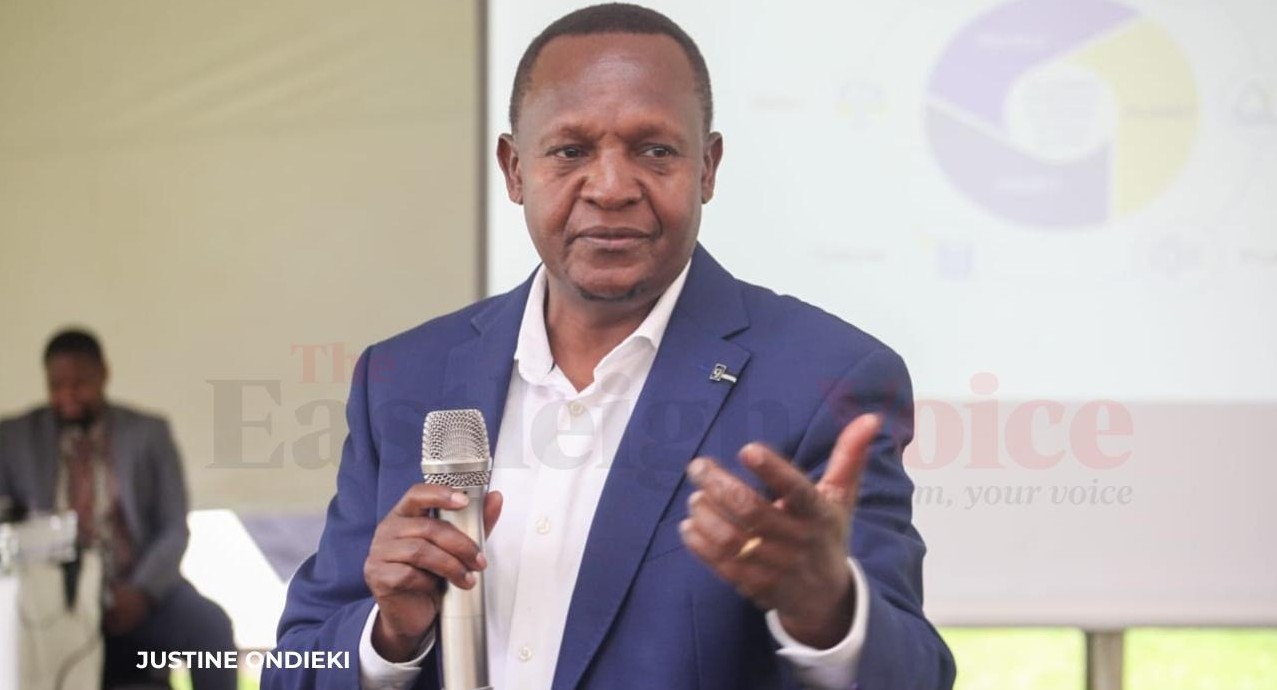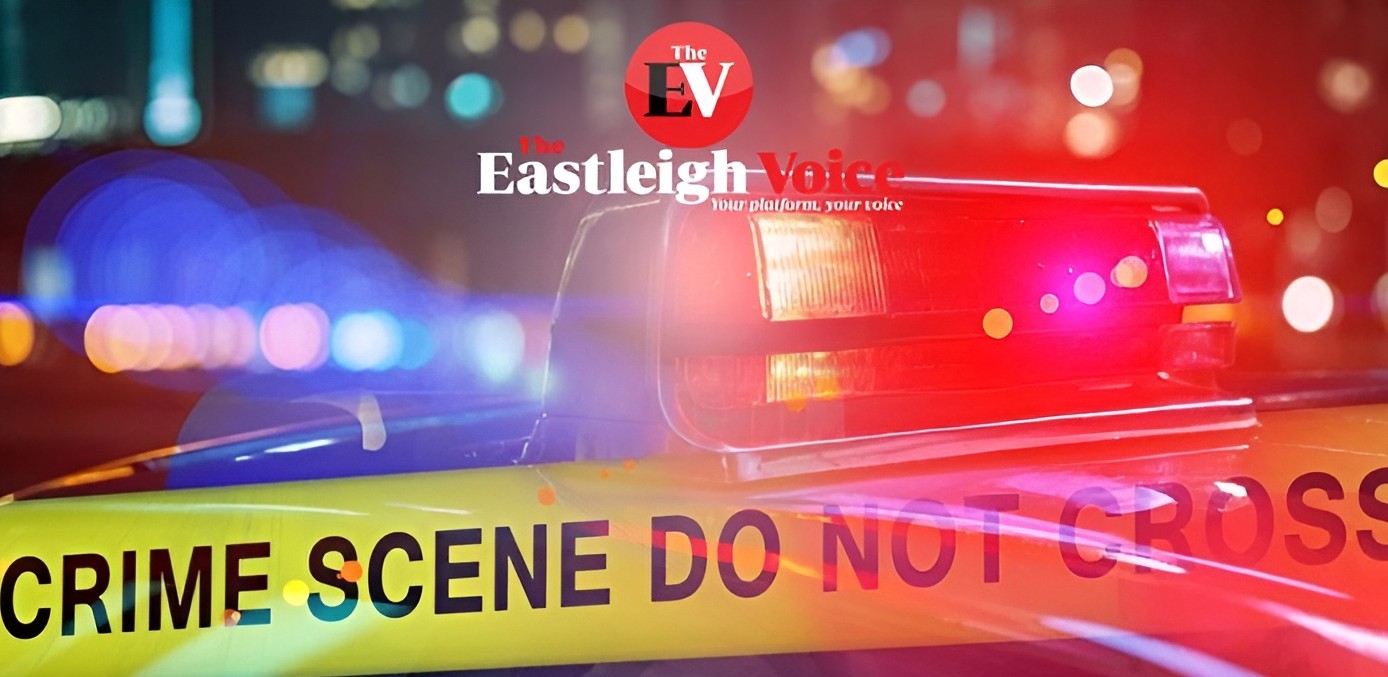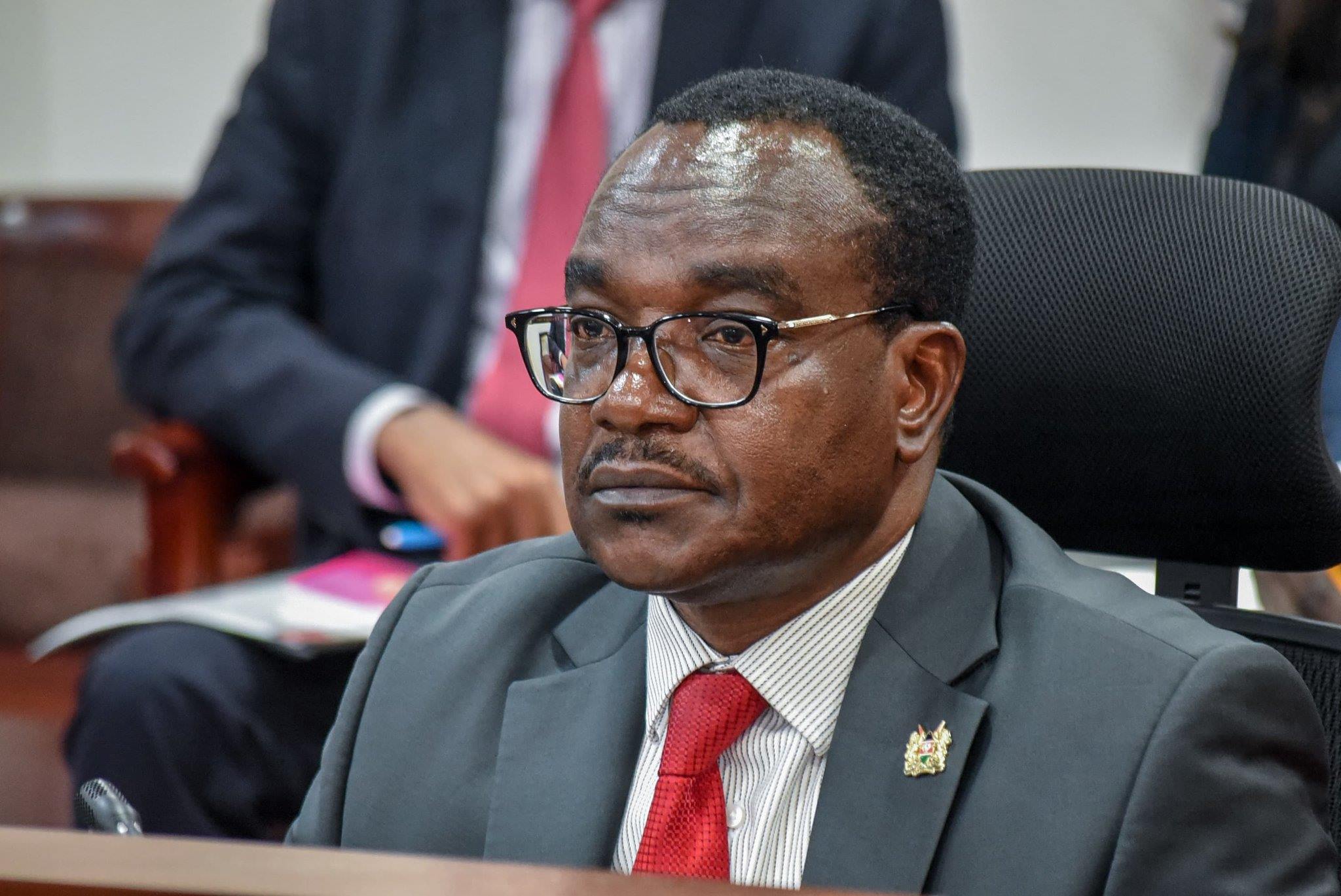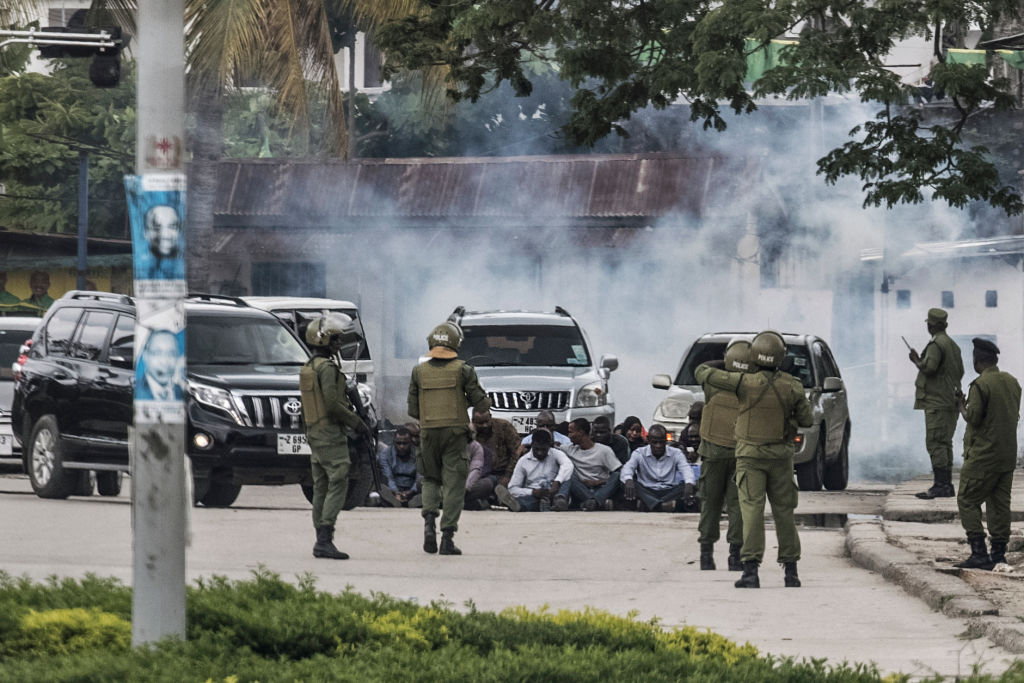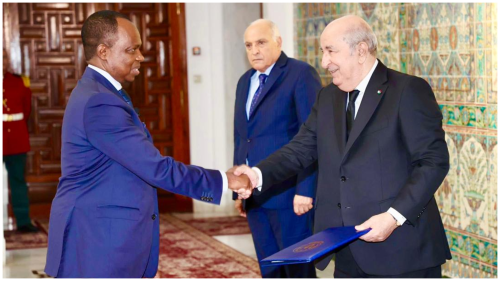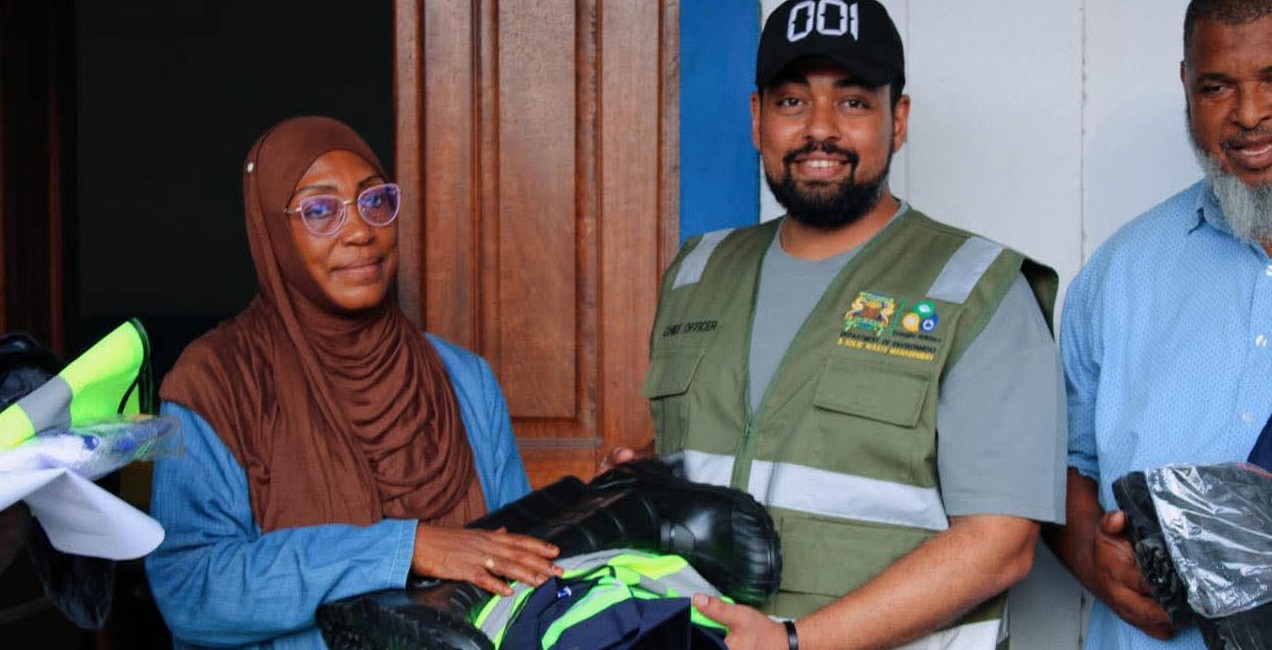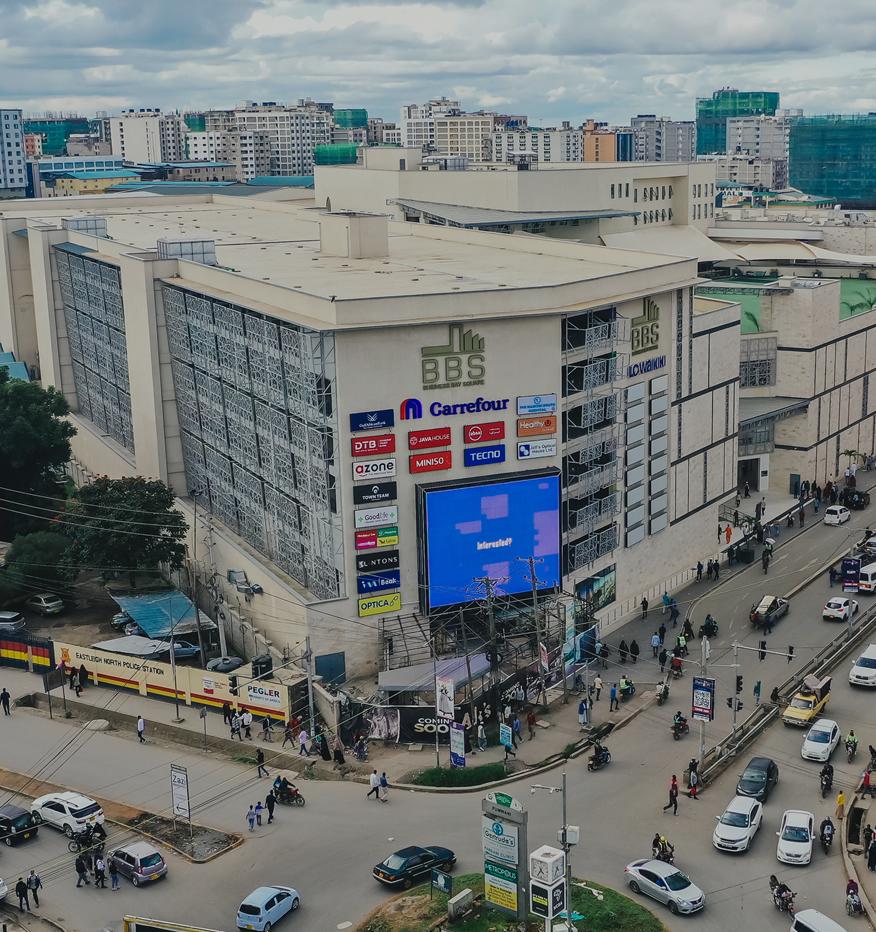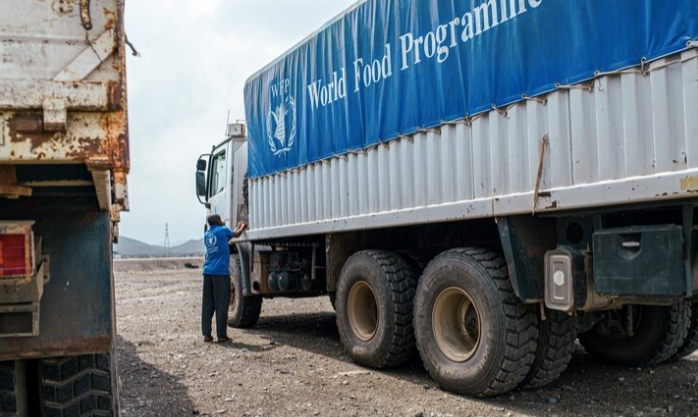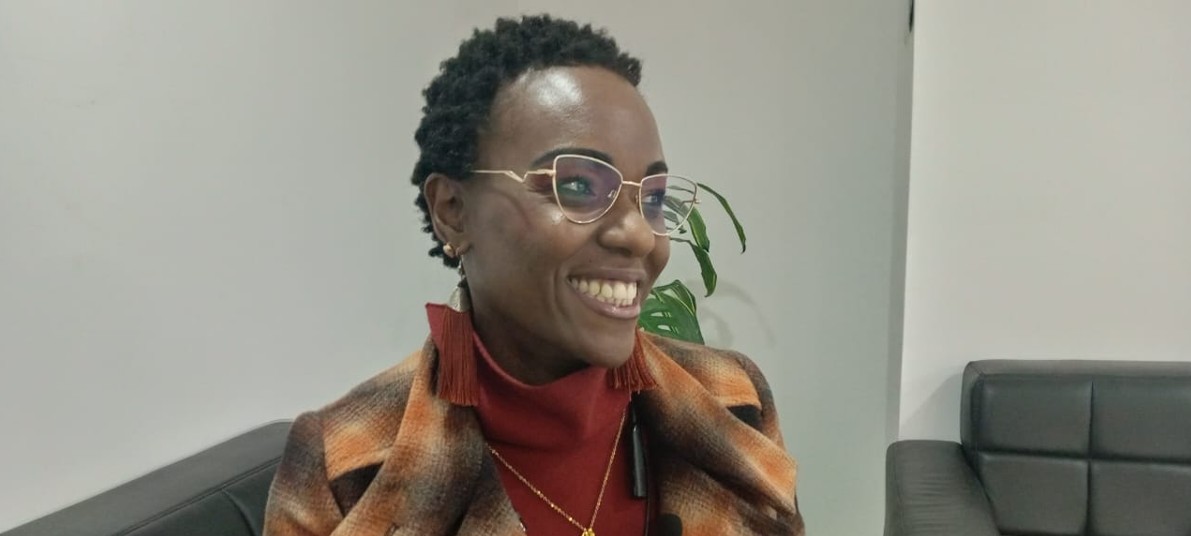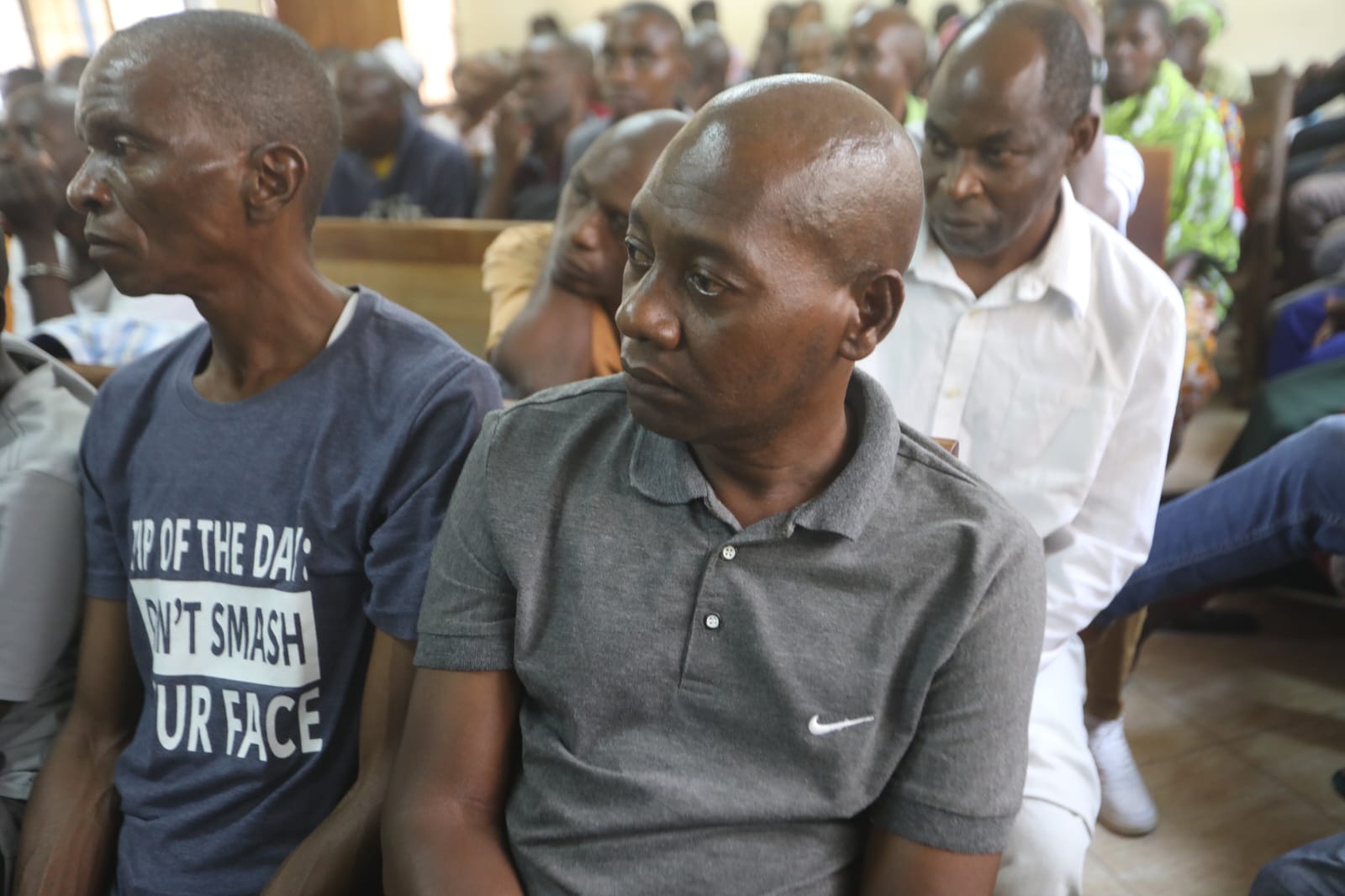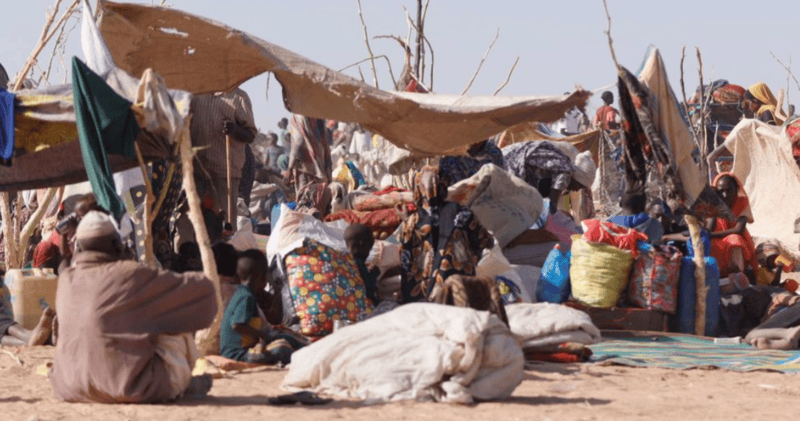Revealed: No funds allocated yet for Ruto's planned livestock vaccination drive
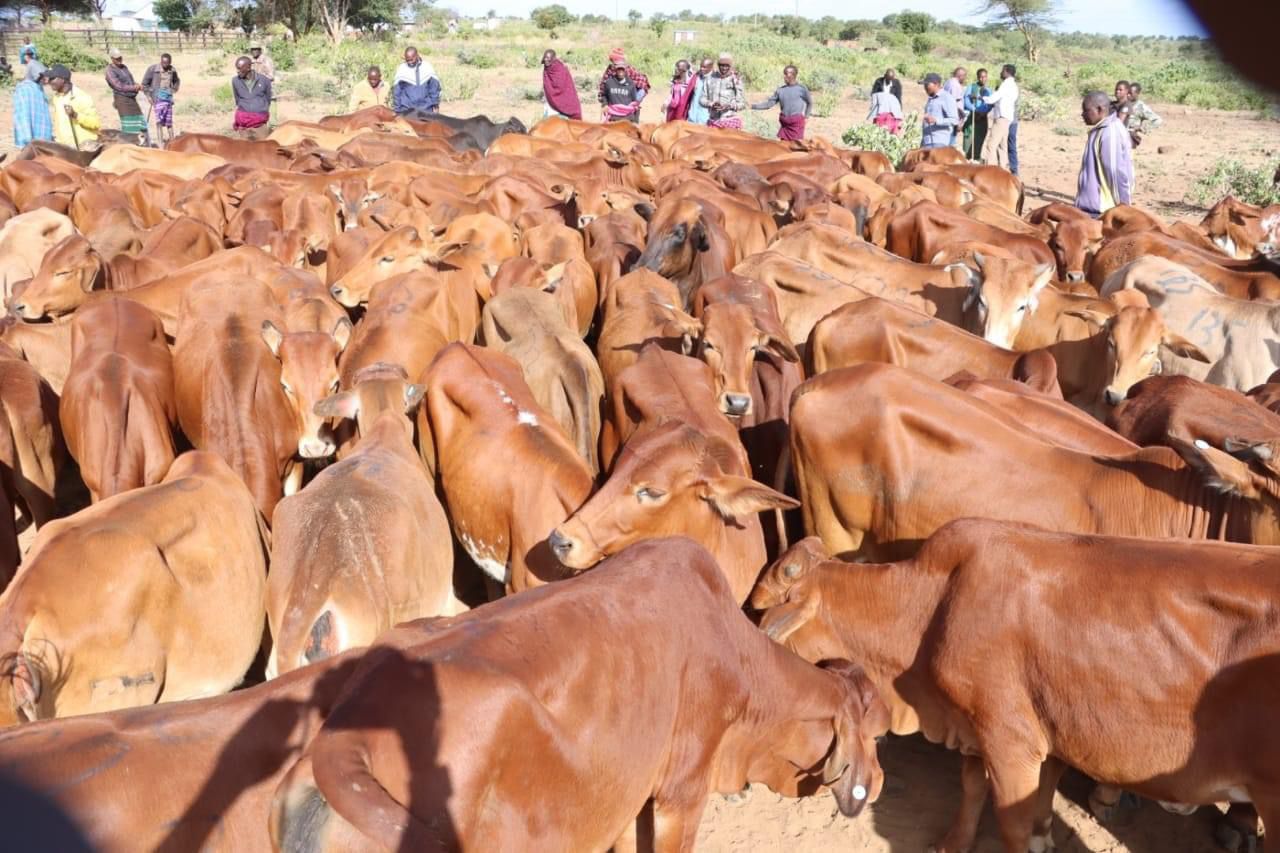
According to the Treasury report, the failure to allocate funds could result in accusations of disregarding the presidential directive.
A report by the National Treasury has revealed that no budget allocation has been made for President William Ruto's proposed national livestock vaccination programme despite the head of state’s directive.
The State Department of Livestock had requested Sh4.6 billion for the first year of the programme, but this was excluded in the financial year’s budget beginning July 2024.
More To Read
- Rift Valley fever: What it is, how it spreads and how to stop it
- Why countries struggle to ditch fossil fuels despite rising costs, decades of climate deals
- Explore earth in 2100: New online game lets you imagine the future
- WMO warns of escalating climate risks, says CO₂ levels hit record high in 2024
- Millions at risk as World Meteorological Organisation warns of gaps in early warnings
- Renewables overtake coal in global electricity generation
The programme seeks to combat foot-and-mouth disease and peste des petits ruminants which threaten Kenya’s livestock and the country’s lucrative export market.
The initiative, estimated to require Sh21 billion over five years starting in 2024, aims to vaccinate 22 million cattle and 50 million goats against the two highly contagious diseases.
According to the Treasury report, the failure to allocate funds could result in accusations of disregarding the presidential directive.
The State Department for Livestock warned that failing to implement the vaccination could lead to severe economic consequences, including livestock mortality and restricted market access.
“Continued losses attributed to these priority livestock transboundary animal diseases of great economic importance in terms of mortality, morbidity and restricted market access are enormous. Non-implementation will also imply total disregard to a presidential directive to undertake national vaccination,” reads the department report.
The Treasury’s disclosure paints a bleak picture for the Kenya Veterinary Vaccines Production Institute (Kevevapi), the agency tasked with producing the required vaccines.
Outdated facilities
Despite assurances from outgoing Agriculture and Livestock Cabinet Secretary Andrew Karanja that Kevevapi is capable of meeting vaccine demand, the institution has been allocated just Sh70 million for the upcoming financial year — far below its Sh197.5 million requirement. The funds are needed to upgrade outdated facilities and procure modern equipment.
The lack of resources has raised doubts about Kevevapi’s readiness for the task.
“The institute’s facilities, including the laboratory, are old and urgently need to be upgraded,” noted the Livestock Department.
The vaccination programme, launched by President Ruto in November 2023, has faced resistance from sections of the public and professional bodies. Critics have dismissed it as a covert agenda tied to climate change initiatives aimed at reducing methane emissions from livestock.
The government has, however, refuted these claims, stating that the vaccination’s sole purpose is to control the spread of deadly livestock diseases.
“This has not been effective since there is a lot of movement of the livestock from one county to another, and, therefore, it becomes a waste of resources if all the counties do not vaccinate,” explained CS Karanja, referencing past county-led vaccination efforts.
Other Topics To Read
No public confidence
The Kenya Veterinary Association has called for a pause on the programme, citing a lack of public confidence.
“The government should pause the current exercise to undertake adequate public sensitisation and to address concerns from Kenyans,” the association said in a statement.
The government has warned that failing to vaccinate livestock could jeopardise Kenya’s livestock exports, particularly to Gulf states such as the United Arab Emirates, Saudi Arabia, and Bahrain.
Official data shows the value of exported live animals rose by 65.8 per cent to Sh2.895 billion in the most recent reporting period.
Despite these economic stakes, the programme’s funding remains uncertain as the government grapples with revenue shortfalls and mounting debt obligations.
Inputs from sector working groups, including those from agriculture and rural development, will shape the final Budget Policy Statement, which will determine funding ceilings for the next fiscal year.
However, the Rural and Urban Development Sector Working Group has yet to allocate resources for the vaccination programme, further clouding its future.
Top Stories Today
